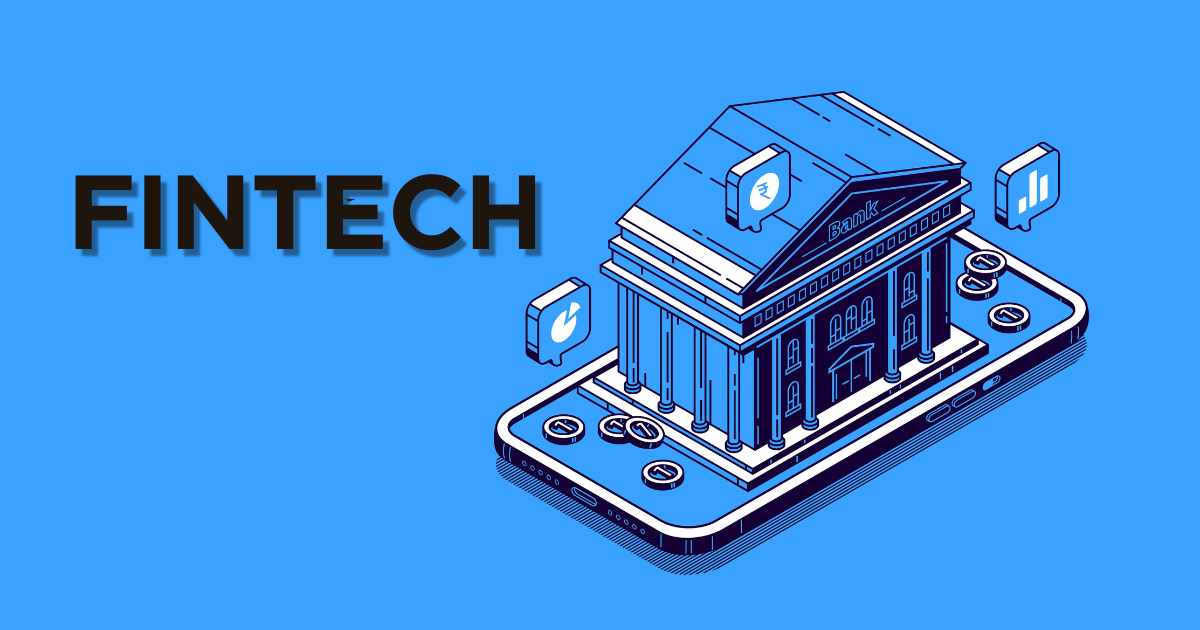· Data Protection & Fintech Compliance · 2 min read
DPDP Act : What Fintech Lenders in India Must Know
The DPDP Act, 2023, reshapes how fintech lenders handle personal data. Learn how compliance safeguards borrower privacy and helps prevent misuse by digital loan apps.

The introduction of the Digital Personal Data Protection (DPDP) Act, 2023, marks a new era in India’s data governance. Designed to protect personal digital data, the law mandates transparent, secure, and purpose-driven data handling, which is particularly relevant for fintech lenders and digital loan platforms that deal with sensitive borrower information.
With over 100 million digital borrowers, India’s fast-growing digital credit market has faced concerns about privacy abuse, including unauthorised data sharing and aggressive recovery methods. The DPDP Act seeks to curb such practices by enforcing strict data protection standards.
Data Protection Duties for Digital Loan Apps
The Act defines Data Fiduciaries as entities (like lending apps or NBFCs) that determine how and why personal data is processed. These fiduciaries must:
Use data solely for the purpose it was collected
Implement strong security measures
Limit access to authorised personnel
Fintechs must align with principles of data minimisation, purpose limitation, and transparency, especially when accessing sensitive data like contact lists or GPS locations.
Consent Management Under the DPDP Act
Free, specific, informed, and unambiguous consent is the cornerstone of lawful data processing. Fintech lenders must:
Clearly state why data is collected before accessing it
Avoid misleading consent through hidden T&Cs
Allow easy withdrawal of consent without denying core services
This provision is especially crucial where recovery tactics involve coercion using personal data.
Right to Erasure and Withdrawal of Consent
Borrowers now have the legal right to:
Erase their data
Withdraw consent at any time
Once a loan is repaid or an app is uninstalled, data must be deleted unless lawfully required to retain it. Fintechs must enable data deletion and show clear, accessible privacy controls.
Redressal and the Role of the Data Protection Board (DPB)
Borrowers can directly file complaints with the Data Protection Board of India (DPB) in cases like:
Misuse of contact data
Denial of data deletion requests
The DPB has the authority to investigate and penalise fintech lenders. Its rulings are binding and can only be challenged in the High Court.
Enforcement and Penalties
Failure to comply with the DPDP Act can result in:
Investigations by the DPB
Monetary penalties
Public redressal proceedings
Fintechs must appoint Data Protection Officers (DPOs) if they process large-scale data. Regular audits, internal checks, and user-friendly privacy dashboards will be key to demonstrating compliance.
Conclusion: Responsible Lending
The DPDP Act of 2023 is more than a regulation; it’s an opportunity for fintech lenders to rebuild borrowers’ faith through privacy-first lending. By regarding permission, assuring clarity, and handling data lawfully, fintechs not only dodge penalties but also make lasting client loyalty in a data-conscious India.



.CxoYk7z-.jpg)